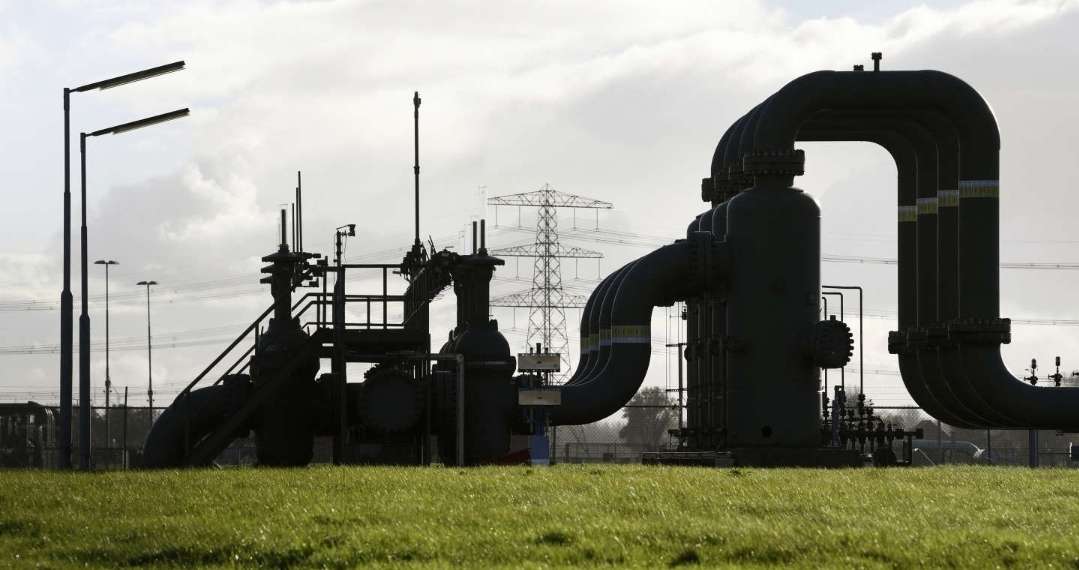The global energy balance is undergoing a substantial metamorphosis as the United States emerges as the leading supplier of liquefied natural gas (LNG), supplanting established giants like Qatar and Australia.
This transition, fueled by the advancement of shale gas, is disrupting traditional energy market dynamics, providing new opportunities and raising concerns about alternative dependency.
Transformation towards the use of LNG
Europe, traditionally reliant on Russian gas transported through pipelines, is undergoing a substantial change towards liquefied natural gas (LNG) to diversify its energy sources. This shift has acquired momentum due to geopolitical events such as the war in Ukraine, prompting a strategic move to lower dependence on Russian gas. The United States, a relative entrant into the global LNG market in 2016, has appeared as an unexpected partner in Europe’s quest for diversification.
The delay in the U.S. entering the LNG market is related to the exploitation of shale gas, extracted through methods like hydraulic fracturing. While this technique has environmental concerns and is forbidden in some regions, it has led to a substantial increase in U.S. gas production, experiencing a remarkable 71% growth between 2009 and 2021, primarily fueled by shale gas.
The rapid expansion of terminals
The rapid proliferation of LNG liquefaction terminals in the United States has aligned with the establishment of regasification infrastructure in Europe and Asia. This mirrors the eagerness of these regions to incorporate this new source of energy into their systems.
Nonetheless, this transition raises noteworthy questions. Shifting from reliance on Russian gas to potential dependence on American LNG introduces worries about the vulnerability of European energy autonomy. While this shift provides alternatives, it also poses the threat of heightened dependence on another global actor, albeit on a different scale.
The passing of the energy baton
The energy handover, characterised by the emergence of American LNG, is redrawing the maps of the global energy market. Geopolitical problems combine with environmental and economic considerations, opening up new business chances while raising concerns about the stability and sustainability of new sources of supply.
Specialists say this transition to U.S. LNG is both a strategic response and a major shift in how the world meets its energy needs. Traditional balances are being called into question, proposing a rapidly changing global energy landscape, with profound implications for decades to come.
What's happening in Tunisia?
Subscribe to our Youtube channel for updates.











































